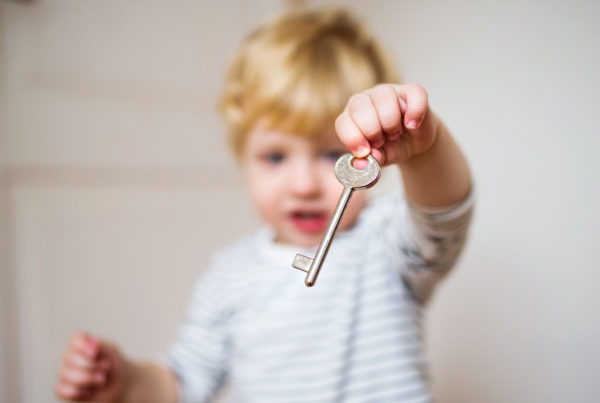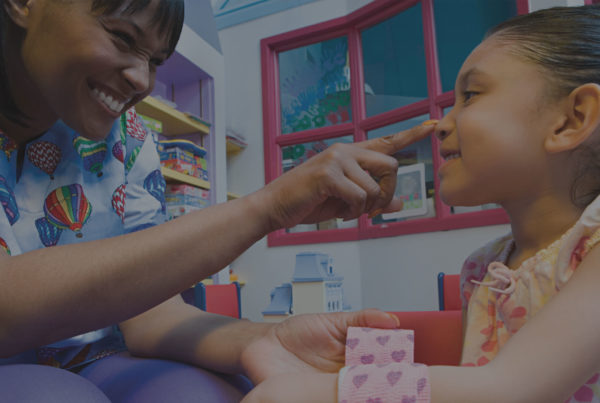Tuesday morning at the Ferry household … The boys are eating cereal and actually having a discussion. The content of the topic isn’t as important as the fact that an 8 and 11 year old are engaged in real-time, real-life dialogue. The dog senses a disturbance in the force as I smile peacefully over the scene …. That night the family plays a board game and we ask each other about our day – a day in which phones, tablets, computers and video games remain unused.
I like Tuesdays or “No Electronic Tuesday” as it is dubbed in our house. Our entire family gets a “cyber detox,” and for one day we all realize that there is life beyond the screen …
Without question, social media has revolutionized the way people communicate. From re-connecting with old friends and making new friends, to sharing content and participating in campaigns, the ease and power of social media is massive in scope. The impact is undeniable, but is the constant exposure and use too much?
First, let’s take a look at some statistics.
- The number of worldwide social media users is expected to reach some 2.95 billion by 2020 – that’s about a third of the Earth’s entire population.
- 78% of the United States population have a social networking profile and 90% of young adults (ages 18 to 29) use social media.
- Over 60% of 13-17 year olds have at least one profile, many spending more than 2 hours per day on social networking sites.
- 60% of social media time is spent on smartphones and tablets.
The statistics speak for themselves and carry a double-edged sword. Being “connected” makes people happy; 65% of teens report social networking makes them feel good about themselves. Social media platforms can help with political change, disarm stigmas, and spread news faster. However, the negatives are just as clear. Hacking, identity theft, sexting, and cyberbullying are just a few of the potential outcomes many teens face through social platforms.
Studies show that 69% of teens regularly receive personal messages online from people they do not know, and most of them do not tell a trusted adult about it. 64% of teens post photos or videos of themselves on social media, while 58% post information about where they live. Females are far more likely than male teens to post personal photos or videos of themselves (70% vs. 58%) and one in 10 teens has posted their cell phone number online.
And anyone with a teen or tween will tell you that social media has hijacked everything from dinner nights to face-to-face conversations. So how does a parent fight back?
The good news is that parents CAN combat the cyber overload and protect children. Simply put, most things in moderation don’t pose a threat, but moderation is the key:
- Start with establishing guidelines for how long your child can spend on social media per day.
- Find the middle ground where your child feels empowered to make good decisions without having to hide from you.
- Communicate and educate about the positive and negative aspects of social media. Discuss real-life situations in which social media can pose harm, like stories in the news about cyberbullying.
- Help your children understand that when something is posted or shared it never goes away, hence the need to use caution when adding photos or videos.
- Check privacy settings and monitor via talking with your child instead of using Internet software programs to remotely monitor their use. Kids are more tech savvy then we think, so it’s always best to gain trust and have open conversations versus installing spyware.
- Finally, set limits and give the brain a rest. Try the cyber detox and pick a “No Electronic” day in your household. Trust me, kids will fight you on this and you will also be tempted to check out a media platform to see what’s trending. However, repetition and perseverance win, so stay with it and win back family time.
Remember, social media isn’t allabout selfie-taking narcissists, cyberbullies, and killing productivity. When used in moderation with the right intentions, it really can achieve what it was first set out to do: connect people.Social media puts an interesting lens on the creation of the self, and how this construction affects our mental well-being. The ideal self is the self we aspire to be.
“Everything in moderation. Nothing in excess” — Socrates






